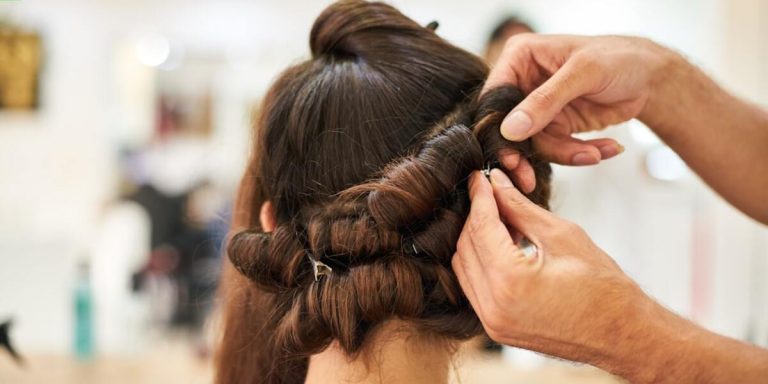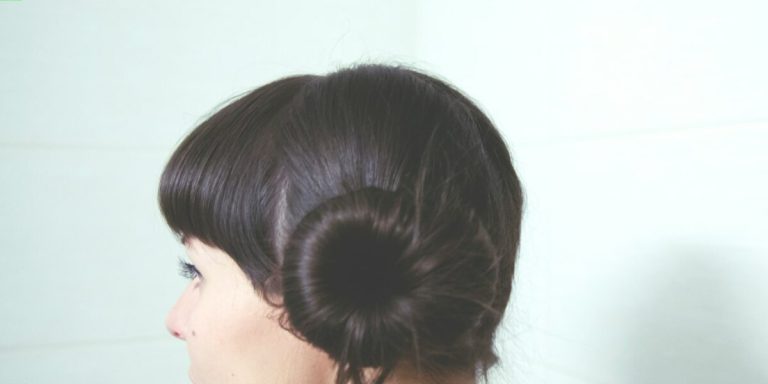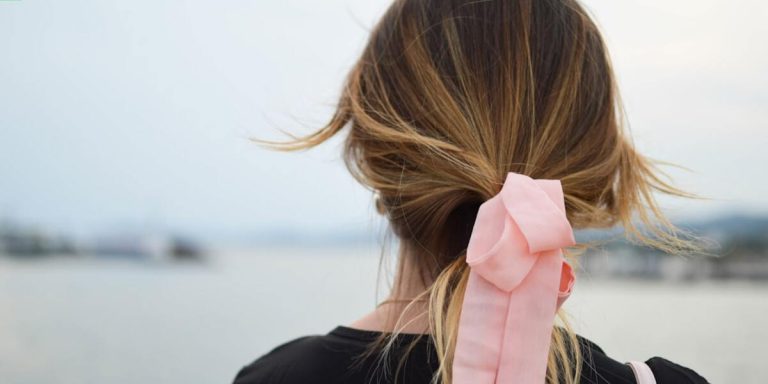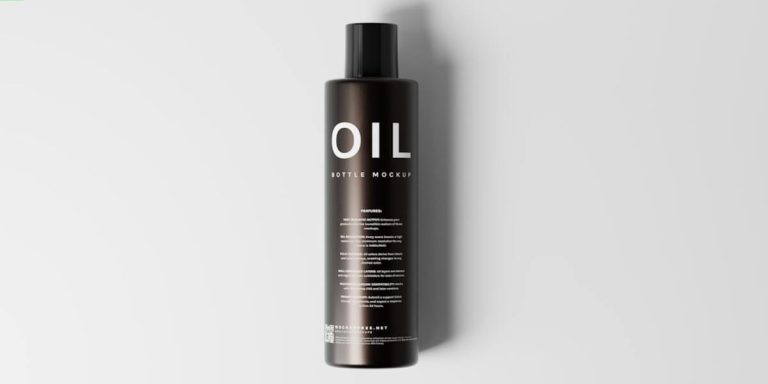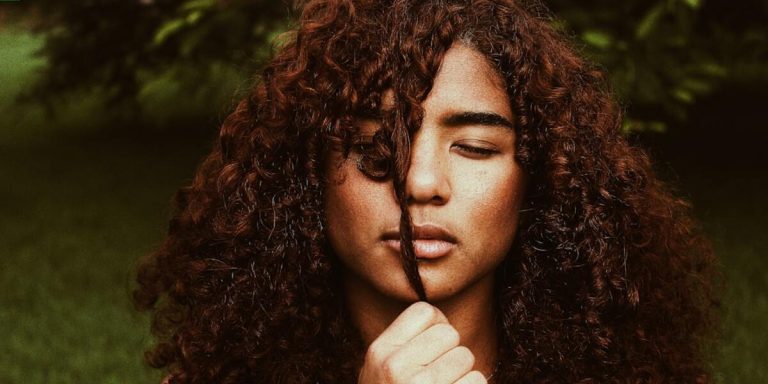Hair Regrowth Itching: Unraveling the Connection and Possible Solutions
Experiencing itching during the process of hair regrowth is quite a common complaint among individuals. Though often overlooked, this seemingly insignificant issue with “hair regrowth itching” can actually undermine your journey towards reclaiming dense and healthy locks. This symptom may be more than just an irritant — it could hint at underlying issues that need immediate attention.
This blog post aims to shed light on how hair growth and itchiness are interconnected, while providing insights into some possible causes behind such discomforts. By understanding these connections better, one will not only manage their personal comfort but also optimize conditions for sound hair regeneration.
Did you know?
Did you know that the itchiness experienced during hair regrowth can be attributed to an increase in blood flow and stimulation of nerve endings? This is a result of new follicles punching their way up through your scalp.
Understanding the Connection Between Hair Regrowth and Itching
Understanding the connection between hair regrowth and itching can appear quite complex at first, but it is actually fairly simple when you delve into the biology of our scalp. In brief, this association originates from a natural process called follicular keratinization happening in your body during new hair growth.
Increased blood flow initiates the process, nourishing dormant or newly activated hair follicles on your scalp. The increased blood flow leads to mild inflammation, which causes skin cells to multiply faster than usual around these active sites. Due to this rapid multiplication, dead skin cells accumulate as they cannot naturally slough off quickly enough.
Dead skin cells start trapping sebum (oil) produced by nearby glands for lubrication purposes and form flaky clusters known as dandruff. This condition often results in itchiness.
While experiencing this slight discomfort may not seem ideal, it could be seen as positive news indicating successful stimulation of previously dormant hair follicles due to any recent preventative measures against baldness like medications or topical treatments taken up under expert advice. However annoying it might feel initially; remember that even such minor disruptions are part and parcel of effective solutions directed towards restoring healthy tresses again!
Identifying the Causes of Scalp Itch During Hair Regrowth
Itching on the scalp can be an intriguing part of hair regrowth. More often than not, when you experience this sensation, it’s because new hairs are trying to break through the surface of your skin. However, let’s dive into more details.
For starters, a primary cause is follicular inflammation during “hair regrowth itching”. When hair re-grows after shedding or balding phase due to various reasons like stress management issues and nutritional deficiencies resolve over time in 2023; minuscule inflammations initiate at the root level. These mini inflames could lead your scalp feeling slightly irritated causing itchiness as a side effect.
Next up is dryness; another common culprit for that irksome tickle! If you’ve recently started using any kind of treatment products specifically designed to stimulate hair growth, they might perhaps unintentionally sap some moisture from your delicate scalps – leading directly towards dry scaly patches where those little hairs struggle their way outwards causing what we know as ‘itch’.
Interestingly enough though rebalancing natural oils produced by our bodies tends also plays its effects too often overlooked aspect especially people embarking journey regain full lush heads!. In attempting restore balance oil production (sebum), sometimes goes haywire initial stages results excessive sebum output which clogs pores leaving unmistakable itch behind.
Managing Itching Sensations Without Disrupting New Growth
While a side effect of hair regrowth that most people overlook is itching, it’s fairly common. The key lies in managing the itch while promoting new growth – let’s call this our ‘hair regrowth itching’ challenge.
Firstly, understanding what causes hair to itch during its growth phase can be instrumental. Often, as your scalp adjusts to increased follicle activity or due to product use stimulating rapid growth, you might experience mild discomfort and even an insatiable urge to scratch! This could also point towards the healing process underway where dead skin cells are being replaced by newborns; another significant indication of effective treatment.
So how do you relieve these sensations successfully?
1. Use Gentle Shampoos: Look for shampoos specifically designed for sensitive scalps when tackling hair regrowth itching. These gentle cleansers will minimize irritation without disrupting your natural oils essential for healthy strands.
2. Embrace Natural Remedies: Several ingredients like tea tree oil or peppermint oil have soothing properties perfect for calming both inflammation and irritability on the scalp.
3. Hydrate Regularly: A well-hydrated body contributes significantly towards improved skin health which includes warding off dryness induced irritation around budding follicles.
4 Avoid Frequent Scratching: It may bring temporary relief but scratching excessively would only worsen things in longer run by causing damage not just to pre-existing hairs but also interfering with new ones sprouting up!
5 Keep Patience!: Remember patience pays off here!
Effective Remedies for Soothing an Itchy Scalp During Hair Regrowth
Feeling an itch during the hair regrowth process is both a common and irksome issue. The growing phase signals your scalp’s response to various factors such as natural healing or stimulation from certain hair products aimed at promoting growth. However, it becomes essential not to ignore that constant urge to scratch but instead find ways towards soothing relief.
One of the effective remedies for easing this discomfort involves maintaining good scalp hygiene through regular cleansing with delicate and nourishing shampoos designed for sensitive scalps undergoing changes such as follicle revival. The trick here is finding one that gently cleanses without stripping away much-needed moisture, which can exacerbate itching sensations caused by dryness.
Incorporate a diet rich in omega-3 fatty acids to significantly reduce inflammation. Recent studies link these nutrients, found naturally in foods such as salmon, avocados, and walnuts, to improved overall skin health, including scalp health. If you constantly experience severe itching, consult an expert right away. Persistent signs may point to underlying issues that require immediate attention for more effective solutions.
Natural Ingredients That Alleviate Irritation and Promote Healthy Hair
To ease hair regrowth itching and promote healthy hair growth, incorporate the following key ingredients into your daily routine:
Firstly, Aloe Vera is known for its magical healing properties and plays a vital role in soothing an itchy scalp during hair regeneration. The gel extracted from fresh Aloe plant leaves not only provides immediate relief but also nourishes new follicles effectively.
Apple Cider Vinegar often serves as another popular home remedy due its anti-inflammatory properties that minimize itchiness on the scalp—an essential tip-off in 2023! Its acidic nature helps maintain pH balance ensuring healthier hair regrowth while reducing discomfort.
Tea Tree Oil has antimicrobial characteristics that help to reduce inflammation caused by bacteria trapped in hair follicle beds which lead to severe itching during rapid phases of new-grown tresses coming through. It’s suggested you dilute some drops within carrier oil before application though!
Coconut Oil proves effective once again here — besides being ultra-moisturizing for dry scalps; lauric acid found within fights against fungus common culprit behind incessant head-scratch episodes coupled alongside nurturing those precious roots back along their journey towards full-fledged strands anew.
Jojoba oil replicates sebum—the natural skin oils—thus moisturizes dry patches relieving irritation sensation whilst providing optimal conditions encouraging denser locks over time.
Over-the-Counter Solutions Tailored for Sensitive or Healing Scalps
Experiencing hair regrowth itching is not an uncommon phenomenon. Especially during the natural or treatment-aided process of returning lost hair strands, itchy scalp surfaces as a shared concern for many individuals.
The good news? A variety of over-the-counter solutions tailored specifically for sensitive or healing scalps are readily available in the current market (2023). These products can make significant strides towards soothing your itch-ridden scalp while also fostering healthy and quickened hair regrowth.
NumoCare’s Scalp Therapy Shampoo emerges as an excellent choice known to provide fast relief from persistent irritation caused by increased blood flow pushing new hairs through your skin layer. Infused with menthol alongside salicylic acid, this shampoo offers immediate cooling effects upon application; simultaneously clearing away any sebum buildup around newly emerging follicles that might be contributing to constant scratching sensations on your head.
KeraFed’s Itch Relief Hair Conditioner softens coarse growing hairs and minimizes prickly sensations on sensitive scalps. It removes internal constraints that burgeoning tresses typically face, aiding in a smooth growth journey. Pair NumoCare shampoo rinses with KeraFed conditioners for complementary functionalities that ensure maximum comfort day and night, at home or work, even during hectic schedules.
Preventive Measures to Minimize Itching in the Hair Regrowth Process
Hair regrowth is a natural process that many people are very familiar with. However, an unfortunate side effect of hair growth can often be itching. As your new hairs erupt from the scalp, they push out old skin cells causing discomfort and irritation on the surface level of your scalp.
The first step in preventing this itchiness lies in understanding its origin – stimulating re-growth tends to lead to these sensations due to sudden changes occurring under your skin like increased blood circulation or opening up previously blocked pores as part of preparation for upcoming follicular activity.
There’s also something concerning what should be avoided during hair regrowth stages if you want minimal disturbance: over-styling or applying chemical-based products could easily exacerbate itching problems by harming delicate tissues around growing strands resulting into more intense reactions than necessary.
One solution that has emerged recently involves using certain types oils specifically designed not just promote rapid but healthy development while simultaneously soothing any immediate irritations before becoming too problematic; coconut oil, for instance, is rich antibacterial properties can keep infections at bay may cause undesired itchiness.
Adopting a Gentle Hair Care Routine to Support Regrowth
A gentle hair care routine is crucial in supporting your journey towards hair regrowth, and it can also help to minimize itching. Considering the sensitivity of your scalp during this process, you need to be mindful about habitual practices that can either make or break your bid for a fuller head.
1) Use Gentle Hair Care Products: Be very deliberate when selecting shampoos and conditioners – opt for products specifically designed for sensitive scalps. Ingredients matter; consider those with soothing properties like chamomile or tea tree oil. This will not only foster an environment conducive to hair growth but alleviate any ‘hair regrowth itching’.
2) Limit Heat Exposure: Excessive use of blow dryers, curling irons, straighteners etc., contribute significantly toward increased scalp dryness leading eventually to itchiness. Try air-drying whenever possible and limit heat styling tools usage.
3) Brush Gently: During the process where new strands are sprouting up over time – remember their fragility! A wide-toothed comb can detangle without too much discomfort while simultaneously fostering healthier circulation throughout one’s locks which reduces inflammation greatly thereby lowering chances of experiencing irritating sensations along follicle roots region as well!
4) Maintain Hydration Levels : Remember dehydrated skin gets more irritated easily than moisturized ones hence keep drinking enough water daily – trust us on this one because by effectively hydrating yourself internally there’s lesser likelihood you’d fret around bouts surrounding ‘itchy scalp scenarios’.
Dietary Adjustments that Foster a Healthy Scalp Environment
Maintaining a healthy diet tops the charts when it comes to preventing hair regrowth itching. Let’s delve into some dietary adjustments which can foster a healthier scalp environment.
1. Hydrate Yourself: Staying hydrated is crucial for skin health, including that of your scalp. Drinking adequate amounts of water daily helps maintain moisture levels in the scalp and prevents dryness, thereby reducing itching associated with hair regrowth.
2. Incorporation of Omega-3 Fatty Acids: Foods rich in omega-3 fatty acids like salmon, flaxseeds or walnuts are known to improve both hair density and diameter over time, fostering an ideal environment for re-growth while alleviating itchiness effectively.
4.Probiotic Consumption: Probiotics—found readily in yogurt or fermented food products—are hailed for their gut-related benefits but they’re also beneficial against inflammatory reactions on our skins such as itchiness from new follicles sprouting up!
5.Antioxidants For The Win: Antioxidant-rich fruits and vegetables come highly recommended too! These fight off harmful free radicals protecting cells impact & ensuring successful ministration towards any signs pointing at inflammation hindering further growth/hair regeneration process .
Conclusion
In encapsulating, hair regrowth itching is more than just an inconvenience. It’s a sign that our body is working hard to replace lost strands, going through its dynamic process of regeneration and growth. Comprehending this link may not solve the irritation outright but knowing what it signifies can surely help in managing expectations and increasing tolerance.
Don’t let your itch for knowledge stop here though! Dig deeper into topics surrounding “Hair Regrowth” on our website. Equipped with insights from experts, we are committed to providing you with comprehensive information geared toward achieving healthy locks again – because every strand counts!
Keep scratching beneath the surface (figuratively only) until all your questions find their answers.


